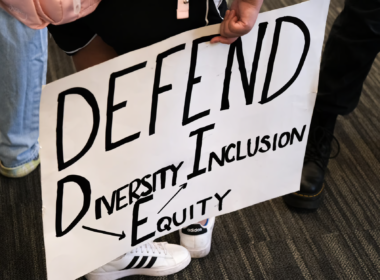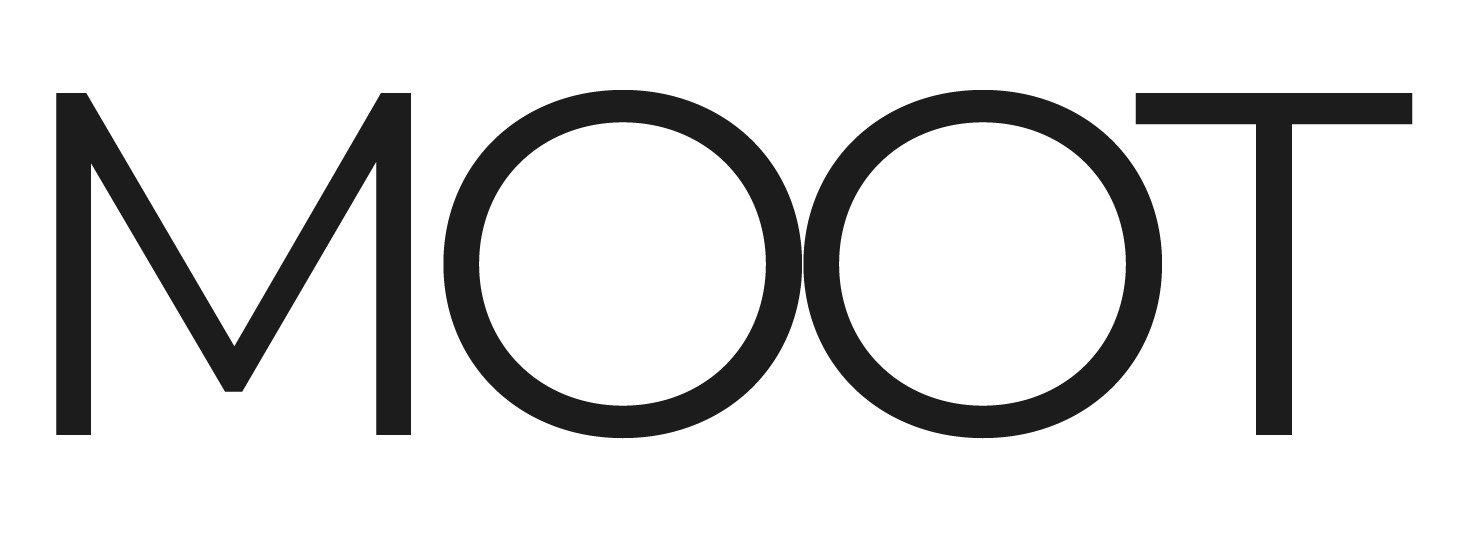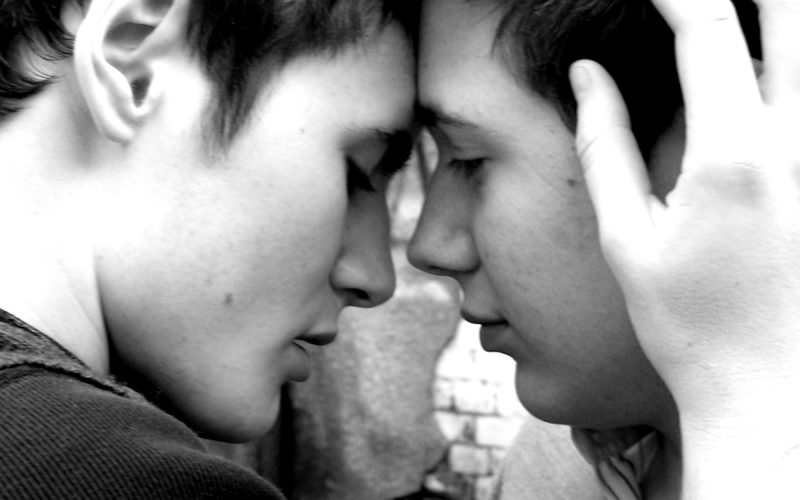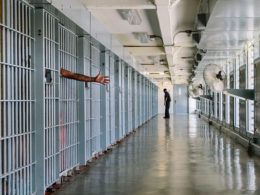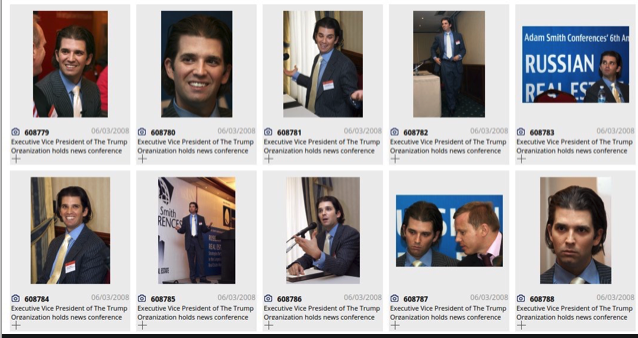On International Day against Homophobia and Transphobia (IDAHO) that was celebrated on May 17, Ms. Navi Pillay, United Nations High Commissioner for Human Rights, called on countries to “repeal discriminatory laws and ban discriminatory practices” against lesbian, gay, bisexual and transgender (LGBT) people, as reported by the United Nations. She also talked about how “some complain” that she is pushing for ‘new’ and ‘special’ rights for LGBT people. “But there is nothing new or special about the right to life and security of person, the right to freedom from discrimination,” she explained adding that “[t]hese and other rights are universal…enshrined in international law but denied to many” solely “because of their sexual orientation.”
Laws that criminalize same-sex relations are still on the books in 76 countries, says the first ever November 2011 UN report on violence and discriminatory practices against LGBT people around the world that is bringing into foreground a pattern of human rights violations in every part of the world.
Education and employment discrimination, no access to health services, arbitrary detention, mutilation and castration, kidnappings, assaults, rape, murder–these are some of the vicious offenses against LGBT people, according to the UN November report. Not even families are immune to violence. The “honor killings,” committed by the families of LGBT people because they have shamed them, still often happen. Victims frequently do not report the crimes because they are too afraid and they do not trust the authorities. In addition, many countries do not have in place structures for monitoring these kinds of offenses.
The spokesperson for the United Nations Secretary General Ban Ki-moon said on May 17 that the Secretary General “supports” Ms. Pillay’s message and has urged states to decriminalize same-sex relations and stop the violence and discrimination against LGBT people. Mr. Ban Ki-moon talked about LGBT issues on many occasions. This March, while he was addressing the Human Rights Council in Geneva, he said that although he had not grown up discussing these issues, he had to speak up because lives of people were at stake. Recently, when he visited Zambia, he talked that the rights of the LGBT people needed to be ensured.
Likewise, Mr. Sidibé, the Executive Director of the UN agency in charge of HIV/AIDS response, raised in May also the issues of the discriminatory laws saying they are dangerous barriers to a successful AIDS response. Too often, LGBT people go underground and are not able to access live-saving treatments.
Furthermore, Helen Clark, the administrator of the UN Development Program (UNDP) that backs initiatives for reduction of human rights violations against LGBT people, stressed in her statement that the UNDP office has been monitoring the violations and documenting their impact on access to HIV treatment and counseling as well as on prevention. Just in the last year and a half, the UNDP-convened Global Commission on HIV and the Law examined relationship between human rights, law and HIV for gay men and transgender people.
The UN marked its first success in connection with LGBT issues in 1990 when the World Health Organization (WHO) removed homosexuality from the mental disorders list. More than two decades later, the Human Rights Council passed its first resolution on “Human rights, sexual orientation and gender identity.” Soon the Council delivered to the international community a historic document, a study on laws, violence and discrimination against LGBT people and pushed it on the Council’s agenda.
Nevertheless, persecutions, imprisonment and killings of LGBT people didn’t stop. Neither became exclusions from education and employment much rarer. Too many countries are still not recognizing same-sex relationships, and in some countries, they are punishable by death (Iran, Sudan, Saudi Arabia).
Even Europe and the United States, with laws on the books that protect LGBT people, are not safe from violence. The National Coalition of Anti-Violence Programs whose mission is to end discrimination and violence against LGBT people in its latest report states that although anti-LGBT violence in the United States decreased last year (from 2,503 incidents in 2010 to 2,092 in 2011), murders increased 11% (from 27 in 2010 to 30 in 2011). Out of 52% of survivors, who reported the hate crimes to the police, 18% said that the police treated them in a hostile way. The number of murders in 2011 was the highest from all reported by the National Coalition.
The European Organization for Security and Cooperation (OSCE) too reported 44 murders of LGBT people in the Member States of the European Union for 2009 alone. To make the matter worse, this number was based on partial data only. Worldwide, from January 2008 to November 2011, there were 755 murders of LGBT people in 51 countries, according to press release of Trans Murder Monitoring (TMM), a project of Transgender Europe that started in April 2009 and monitors and collects homicide reports around the world. Central and South America accounted for close to 80% of homicides of trans people globally since January 2008 with the highest numbers in Brazil and Mexico, while 10 European countries had 45 killings of trans people over the same period with 14 of them in Turkey alone, and 12 Asian countries had 57 killings with 12 killings in Pakistan, 11 in Philippines and 8 in India.
This March, the UN Secretary General talked about the patterns of bias, discrimination and violence that are a “stain on our collective conscience” and international law violation. But he also said that the “historic shift” was “under way.” The UN is supporting many initiatives to tackle the grave violations, with only the United Nations Development Program alone supporting programs in Latin America, India and elsewhere.
In Latin America, UNDP works with REDLAC Trans, a network of transgender people, to fight discrimination that hinders the HIV programs, says Helen Clark from UNDP, as reported by the UN. In Argentina, the efforts of UNDP, other UN Agencies and REDLAC brought about Gender Identity Law that guarantees the rights of transgender community. Likewise, “Bolo India,” a collection of oral narratives from Indian LGBT people online is presenting positive LGBT role models thus challenging transphobia and homophobia. The Bolo India also has a support of UNDP.
The Inter-American Commission on Human Rights (IACHR), the body of the Organization of American States (OAS), established this January a special unit for the rights of LGBT people, UNAIDS reported. The unit is mandated to investigate the human rights violations of LGBT people in the OAS Member States. UNAIDS has also been working closely with the Commission to eliminate discrimination and violence.
The countries of the OAS have been experiencing HIV epidemic that is according to the UNAIDS mainly prevalent among gay men and transgender people. Transgender group in Argentina has HIV prevalence rate of 27.6% and the transgender group in Peru has HIV prevalence rate of 29.6% says UNAIDS. In comparison, HIV prevalence rate of general population is in Argentina 0.5% and in Peru 0.4%.
UNAIDS also reported that the violence and intimidation has been increasing in the Latin American region and that the IACHR had received information about threats, arbitrary arrests, torture, rapes and even murders of LGBT people.
With the help of UNAIDS, the Inter-American Commission on Human Rights brought together this February more than 20 experts from the UN, other human rights institutions, civil society, academia, and even representatives of the security forces to discuss “violence and impunity” against LGBT community. The February meeting was the second of six that will produce the first report on sexual orientation in the Latin American region. According to Marcela Romero from REDLACTRANS, LGTB people in the Americas experience exclusion “that keeps them away from health care, employment and justice,” as reported by UNAIDS. This situation greatly increases the vulnerability of LGBT people to violations of human rights and also HIV, Marcela Romero says as well.
This May, on the International Day against Homophobia and Transphobia, the Inter-American Commission also noted that some countries have adopted antidiscrimination laws or made progress in gender identity legislation, however there are still problems in the investigations of crimes committed against LGBT people, especially whether the crimes are perpetrated because of the victim’s sexual orientation or gender identity, as reported by the Organization of American States. The Commission also voiced its concerns about laws that criminalize homosexuality and it called on countries to adopt amendments as necessary to bring their legislation in line with the inter-American human rights instruments.
Meanwhile, the 19-member Committee on Non-Governmental Organizations denied on May 23 the consultative status to the International Lesbian and Gay Association, according to the UN. Seven countries were in favor of granting the status (Belgium, Bulgaria, India, Israel, Peru, Turkey, the United States), 8 countries were against (Burundi, China, Kyrgyzstan, Morocco, Pakistan, Russia, Senegal, Sudan) and 3 abstained (Nicaragua, Mozambique, Venezuela), while Cuba did not vote. The comments of the United States representative to the Committee that it was time for the Committee to stop assessing NGOs based on “who they love” are also revealing that the fight of the LGBT community for their rights is far from over and that there is still a long road ahead.
Source: UN, UNAIDS, UNDP, High Commissioner for Human Rights, OAS, National Coalition of Anti-Violence Programs, Transgender Europe
